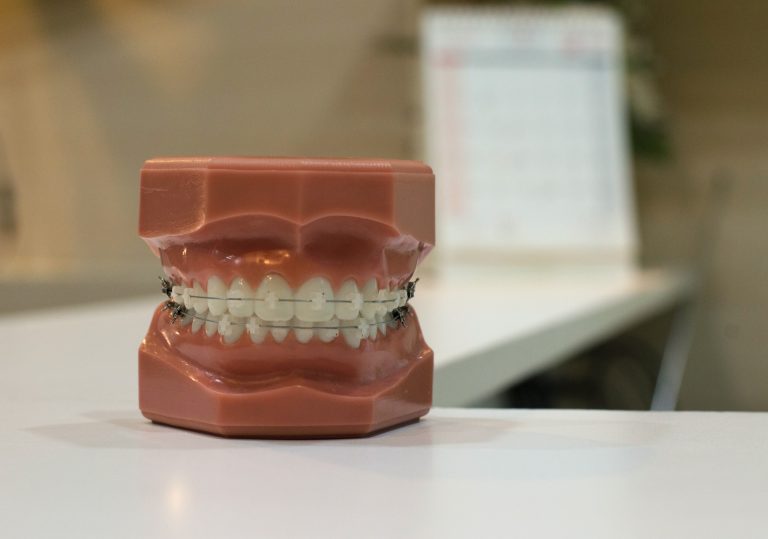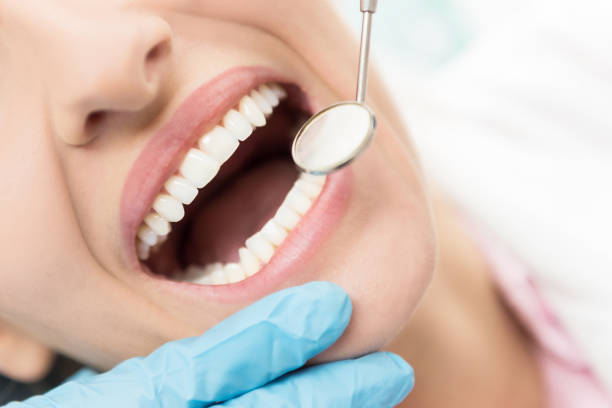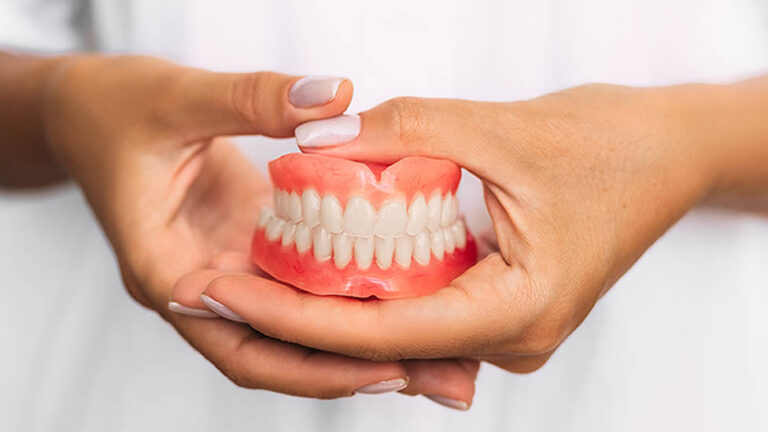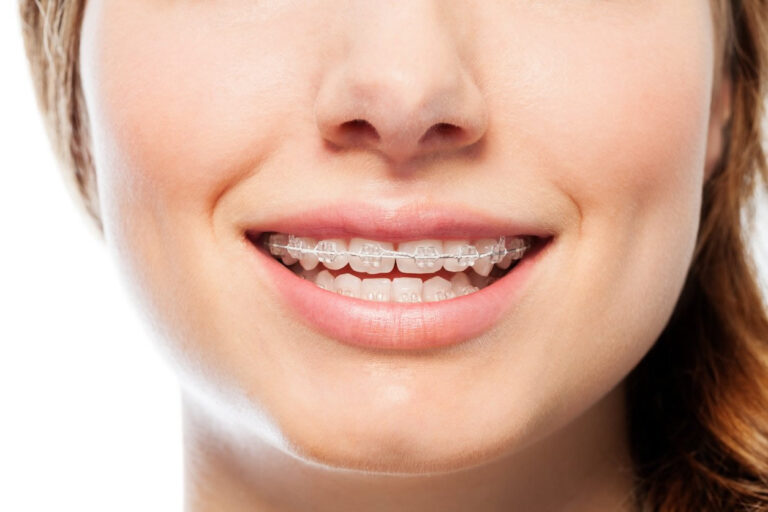How to Manage Pain and Discomfort Caused by Wisdom Teeth
Do you have pain or other problems in the back of your mouth? It could mean your wisdom teeth are giving you trouble. Wisdom teeth, also called third molars, usually come in when a person is in their late teens or early 20s. If they don’t have enough room to grow, they can cause a number of problems.
Wisdom Teeth Pain
Since they frequently cannot fully erupt into the mouth, wisdom teeth are known as impacted teeth. Occasionally, they can’t get beyond the gums. At least one wisdom tooth that is impacted is thought to be present in 70% of adults.
Your wisdom tooth being impacted may give you pain. The following issues may result from this:
- Cavities
- Infection
- Gum disease-causing microbes
A tooth that is impacted could harm nearby teeth. In some people, cysts can develop around the wisdom tooth. In addition, wisdom teeth are more challenging to clean due to their position, which can be a factor in poor oral hygiene.
Any of these issues might lead your dentist or doctor to advise having wisdom teeth extracted. You can actively control pain while you are waiting for the tooth extraction.
The most common problems with wisdom teeth are:
- Soreness and pain in the back of the mouth.
- Redness and swelling of the gums.
- Impacted teeth happen when a tooth can’t come out all the way. This can lead to an infection or damage to the teeth around it.
- Getting food stuck under a flap of gum
- Bad taste or smell from the area
If you have any of these problems, you need to see a dentist as soon as possible. In some cases, wisdom teeth may just need time to grow through, and symptoms go away on their own. But avoiding the problem can sometimes lead to bigger problems down the road, like an infection, tooth decay, or even damage to nearby teeth.
How to deal with pain from a wisdom tooth at home:
- Over-the-counter painkillers like ibuprofen and paracetamol can be used regularly.
- Warm water with salt to gargle
- Use ice packs to reduce any swelling in your face.
- A numbing gel is sold at pharmacies.
- Use a single-tufted brush or an interspace brush to clean the area gently.
In some cases, you may need to have your wisdom teeth pulled out to avoid more problems. Most of the time, local anesthesia is used for this treatment, and we will make sure that the extraction is as comfortable and painless as possible for our patients.
Conclusion
In conclusion, when dealing with the discomfort of impacted wisdom teeth causing pain, it’s important to consider various options for pain relief and remedies for wisdom teeth pain relief. Home remedies such as rinsing with salt water can help alleviate discomfort, while clove oil has been recognized as a natural pain reliever. However, in cases where the pain persists, seeking professional care such as having the wisdom teeth removed may be necessary to address the root cause of the pain and promote better oral health. Incorporating these methods, along with over-the-counter pain relievers, can effectively reduce inflammation and manage the discomfort associated with impacted wisdom teeth. Remember, maintaining good oral hygiene and consulting with a dental professional are key steps towards ensuring lasting relief and overall well-being.





